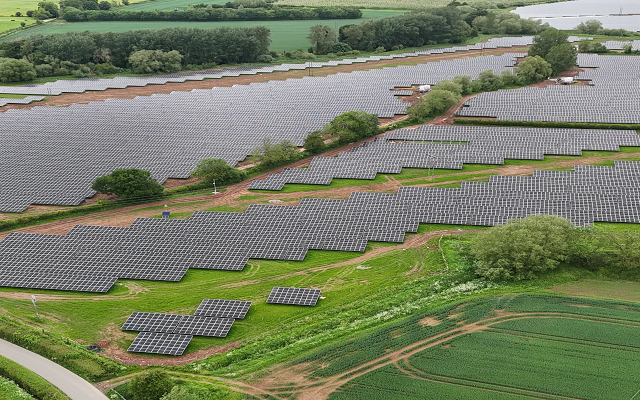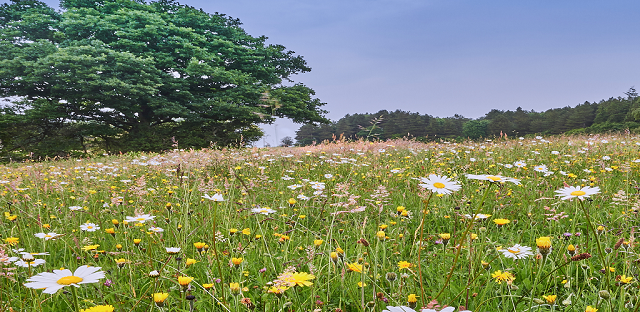The Big Three Themes of COP15 and how they could impact Land & Property
The Big Three Themes of COP15 and how they Could Impact Land & Property
A landmark agreement to guide global action on nature through to 2030 was reached at the UN’s biodiversity conference, COP15 in Montreal (Dec 2022).
“The Net Zero agenda has changed regulatory frameworks, the way investors think and the construction and occupation of real estate and the management of land and estates,” says Donna Rourke, Head of ESG & Sustainability at BNPPRE. “COP15 has added momentum for more disclosure and regulations around ‘nature’ as an ecosystem service.”
So, what are the big themes from COP15 that will impact the real sector and land and estate owners?
Addressing biodiversity loss and restoring ecosystems
The conference brought together representatives from nearly 200 governments and resulted in the adoption of the Kunming-Montreal Global Biodiversity Framework (GBF) on the last day of negotiations. The GBF includes 23 specific aims to address biodiversity loss, restore ecosystems and protect indigenous rights. The plan includes concrete measures to halt and reverse nature loss, including putting 30% of the planet and 30% of degraded ecosystems under protection by 2030.
Who will foot the bill?
The GBF contains proposals to increase finance for developing countries. A major sticking point during two-week talks was the amount of money developed countries would send developing countries to tackle biodiversity and nature loss. Developed countries agreed to provide at least $30 billion worth of biodiversity related financial help per year to developing countries, a marked increase from current financial commitments. There is an expectation that private sector organisations will be instrumental in achieving financial targets set at COP15.
Impact depends on implementation
Implementation has begun already with each country revising their National Biodiversity Strategies and Action Plans (NBSAPs). Prior to COP16 in 2024, all countries are required to have updated NBSAPs and National Biodiversity Finance Strategies. If the agreements at COP15 are fully implemented, it could signal monumental changes to farming and business supply chains across the globe.
What could this mean for land and property owners?
- This could require companies and organisations to start calculating their impact on nature as well as their carbon footprint.
- This could involve a form of compulsory nature positive reporting from companies, such as the proposed Taskforce on Nature-related Financial Disclosures (TNFD).
- The targets to reduce pesticides by 50% ahead of 2030 and to sustainably manage areas under agriculture could increase existing pressure on UK farmers to use less inputs and adapt farming methods.
- The target of tackling climate change through ‘nature-based solutions’ could reinforce Biodiversity Net Gain (BNG) and Nutrient Neutrality government initiatives.
The real estate sector and land and estate owners have an opportunity to future-proof themselves whilst increasing the value of their assets. By ensuring decisions are aligned with the emerging environmental discourse and relevant disclosure frameworks, resilience will build against future regulation changes, while attracting new revenue streams as investors are increasingly focused on assets with ESG credentials.






